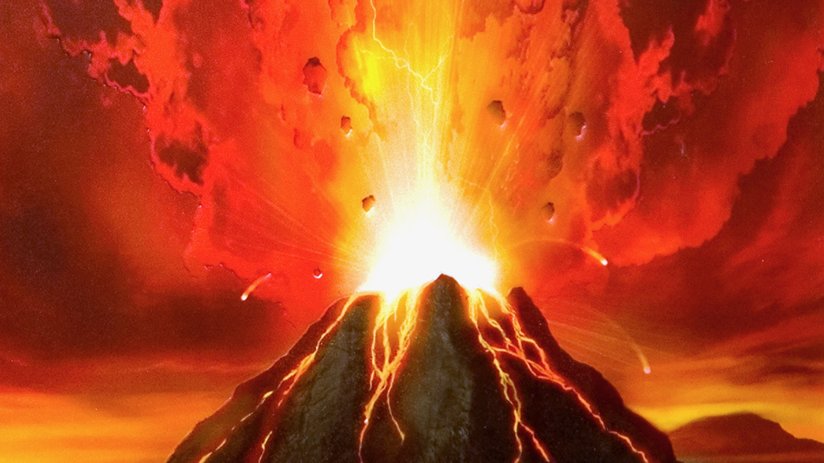
-
HOME
-
WHAT IS STANDOur Mission Our Values Our Help Contact
-
WHAT WE FIGHT FORReligious Freedom Religious Literacy Equality & Human Rights Inclusion & Respect Free Speech Responsible Journalism Corporate Accountability
-
RESOURCESExpert Studies Landmark Decisions White Papers FAQs David Miscavige Religious Freedom Resource Center Freedom of Religion & Human Rights Topic Index Priest-Penitent Privilege Islamophobia
-
HATE MONITORBiased Media Propagandists Hatemongers False Experts Hate Monitor Blog
-
NEWSROOMNews Media Watch Videos Blog
-
TAKE ACTIONCombat Hate & Discrimination Champion Freedom of Religion Demand Accountability
How L. Ron Hubbard’s Dianetics Transformed a Life
When I was a kid, I remember hearing L. Ron Hubbard’s name on TV commercials for Dianetics.
Like a lot of things that I was exposed to in childhood, it stuck in my mind, like the catch phrases for breakfast cereals (“I’m cuckoo for Cocoa Puffs!”), without any opinion or personal experience to attach it to.

It wasn’t until a painting teacher of mine, a man from Spain whom I had the utmost respect for as an artist and human being, told me about Dianetics: The Modern Science of Mental Health that I became aware that there was an actual person attached to the name L. Ron Hubbard.
This mentor of mine recommended I read the book, since he knew I was struggling with many issues in my life, some of which were caused by the drugs I was using in a failed attempt to handle my own problems.
In short order, I was no longer swept up in fears that I was doomed to live a stunted existence.
I finally read Dianetics in Spain when I was sick in bed with a cold. I devoured it, and found much that made sense to me, inspiring me to hope that I could somehow clear away the confusing fog that I found myself surrounded by.
I was impressed by Dianetics when I read it, but I had not personally experienced the changes its technology could produce.
Until a few months later.
I put the technology to the test by studying and applying it and receiving auditing from a professional. My route to improvement didn’t happen overnight, but from the very first steps I took with Dianetics, I was winning, not losing.
In short order, I was no longer swept up in fears that I was doomed to live a stunted existence. Instead, I knew there was a way to continually improve my life and the world around me. The next 40-plus years in Scientology still haven’t swayed from that trend.
Mr. Hubbard’s technology is almost deceptively simple. That’s probably one reason I didn’t immediately recognize his genius for what it was. At that time, I still equated complexity with value—ignoring simple, enduring truths that are actually the only route to a more satisfying and healthy life.
But when I gained direct experience with Dianetics and Scientology, I understood what a truly extraordinary person L. Ron Hubbard was.
This man, whom I had originally pegged as a rather bookish, professorial, self-help author (it would be years before I discovered his impressive legacy as a writer of fiction) slowly revealed himself to me as anything but. Instead, I discovered him to be one of the most compelling and original thinkers that ever lived.
Now, when I think of L. Ron Hubbard (or “Ron,” as he preferred to be called), I think of a man so determined, so intelligent and so disciplined that he devoted the vast majority of his life to assembling the workable religious technology that is Scientology—which can improve conditions in anyone’s life—and, beyond that, ensured it was understandable and available the world over to everyone.
All told, it was a mammoth, almost unimaginable task.
But he did it.
I also think of L. Ron Hubbard as a friend to all mankind, and a cheerful, positive source of wisdom and encouragement whom I happily turn to again and again for solace, inspiration and advice. Despite four decades of continuous study of his many books and recorded lectures, I am always pleasantly surprised to find there is still much that is new that he has to say to me.
He never said he was perfect and did not hold himself up as a paragon of any kind, but I am quite sure I have never encountered anyone as remarkable as L. Ron Hubbard.
I’m nourished by his work and eternally grateful that he created so much of it for all of us to read, listen to and use to make a better tomorrow.









